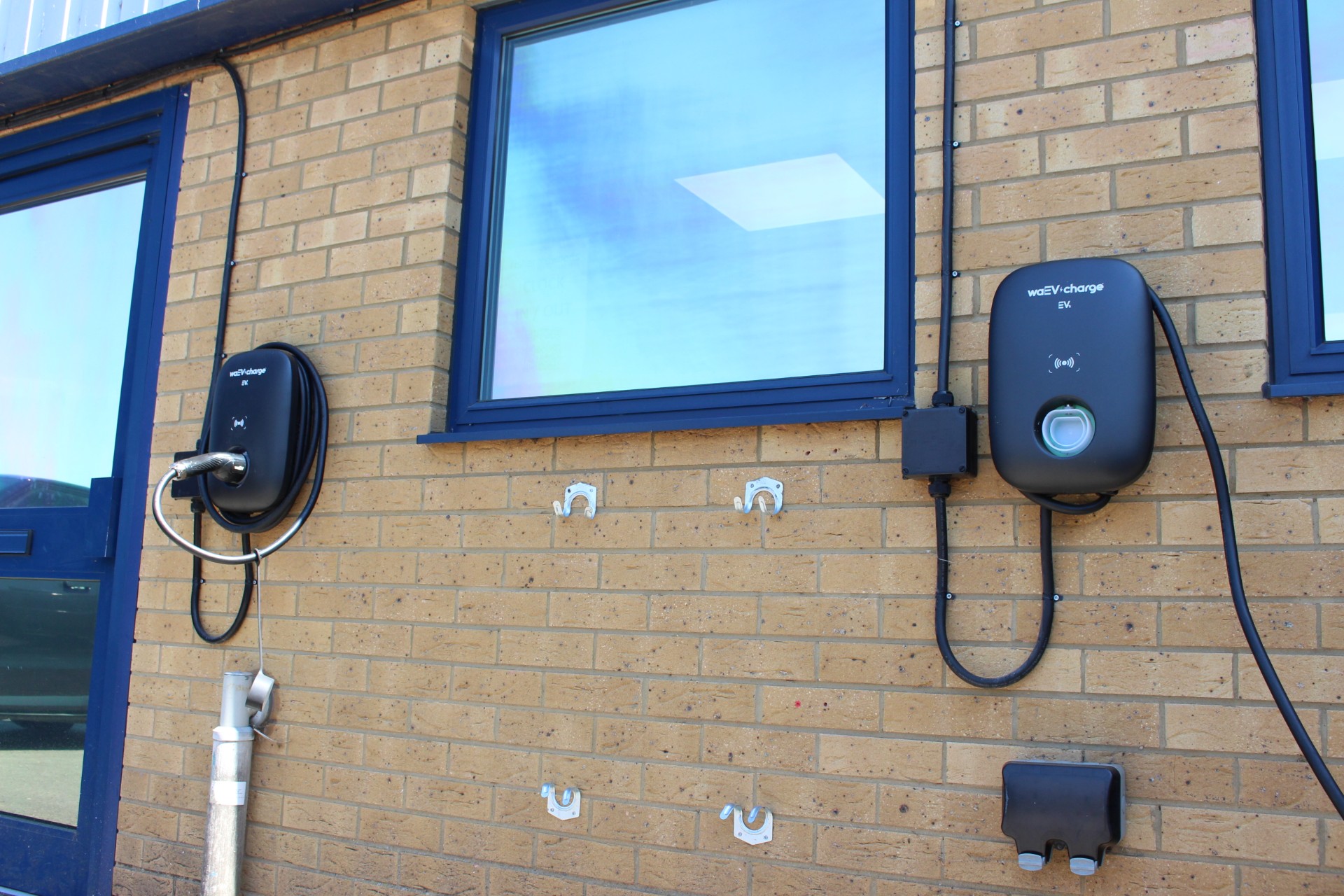How developers can lead the EV charge in smart functionality

Planning Portal and TerraQuest have partnered with waEV-Charge to help applicants navigate the EV charging landscape and understand how to incorporate smart, future-ready solutions into new developments. As regulations evolve and the demand for sustainable homes grows, developers now have an opportunity to go beyond compliance and deliver homes that are fully equipped for the electric future.
How developers can lead the EV charge in smart functionality
Developers are facing significant challenges as they navigate complex and evolving legislation relating to sustainable housing, not least concerning EV charging infrastructure. Yet developers can seize this as an opportunity to transform a regulatory headache into a competitive advantage, explains Joe Fogel, Chief Executive of waEV-Charge.
Amid an ongoing period of sweeping regulatory changes for the sector, this Autumn will see the implementation of the Future Homes Standard as part of the government’s initiative to further cut carbon emissions. One of the five key build areas affected will be EV charging infrastructure, with new homes requiring one charging point installed, or at least the necessary cabling fitted to allow for future installation. This follows the introduction of Part S Regulations in 2022, where every new-build residential property with its own off-street parking must now include at least one EV charge point, typically capable of 7 kW to align with domestic electrical supplies.
Smart designs on EV infrastructure
While EV charging infrastructure as an integral part of new home construction has become regulatory compliance, it goes beyond that: it’s a design imperative. Developers that treat EV infrastructure as a pro forma requirement by simply pre-wiring without installing active, compliant chargers risk undermining homebuyer satisfaction, as it leaves them to navigate installation complexities later. By embracing smart functionality now, housebuilders can deliver a ready-to-use, future-proof home and in doing so, unleash the compelling benefits of fully active, smart-enabled EV chargers.
These key benefits include the capability to shift load toward periods of low demand or high renewable output; smart systems can also help reduce energy bills, avoid strain on local networks, and deliver intuitive remote monitoring and scheduling features that align with modern buyers’ expectations. When coupled with solar integration, the case becomes even stronger. Installations that tie EV charging to rooftop solar PV systems allow homeowners to charge directly from self-generated clean energy, dramatically lowering operating costs and aligning with net-zero targets.
Cost efficiency gains
Financial incentives further increase the appeal. The OZEVElectric vehicle charge point grant for renters or flat owners covers up to£350 or 75% of purchase and installation costs for domestic EV chargers. Overtime, charging at home on cheaper overnight energy can cost as little as 1.5pper mile or is free if the owner solely uses solar-driven energy, compared to 12-13pper mile for petrol vehicles, reinforcing its long-term value proposition.
A turnkey approach
Developers willing to embrace turnkey EV charging solutions stand to gain in more ways than one. Offering homes that are fully EV-enabled upon delivery boosts market appeal to eco-conscious buyers as well as strengthens brand reputation for sustainability. Turnkey services, including compliant charger models (both tethered and untethered), smart software integration, solar-ready compatibility, OZEV-compliant installations, and building control support, ease the burden on developers and help deliver seamless, future-ready homes.
In the end, developers who embrace these trends and make the decision to go beyond the bare minimum by offering smart, integrated EV charger installations not only meet compliance, but elevate their developments to entice today’s forward-thinking homebuyers.





